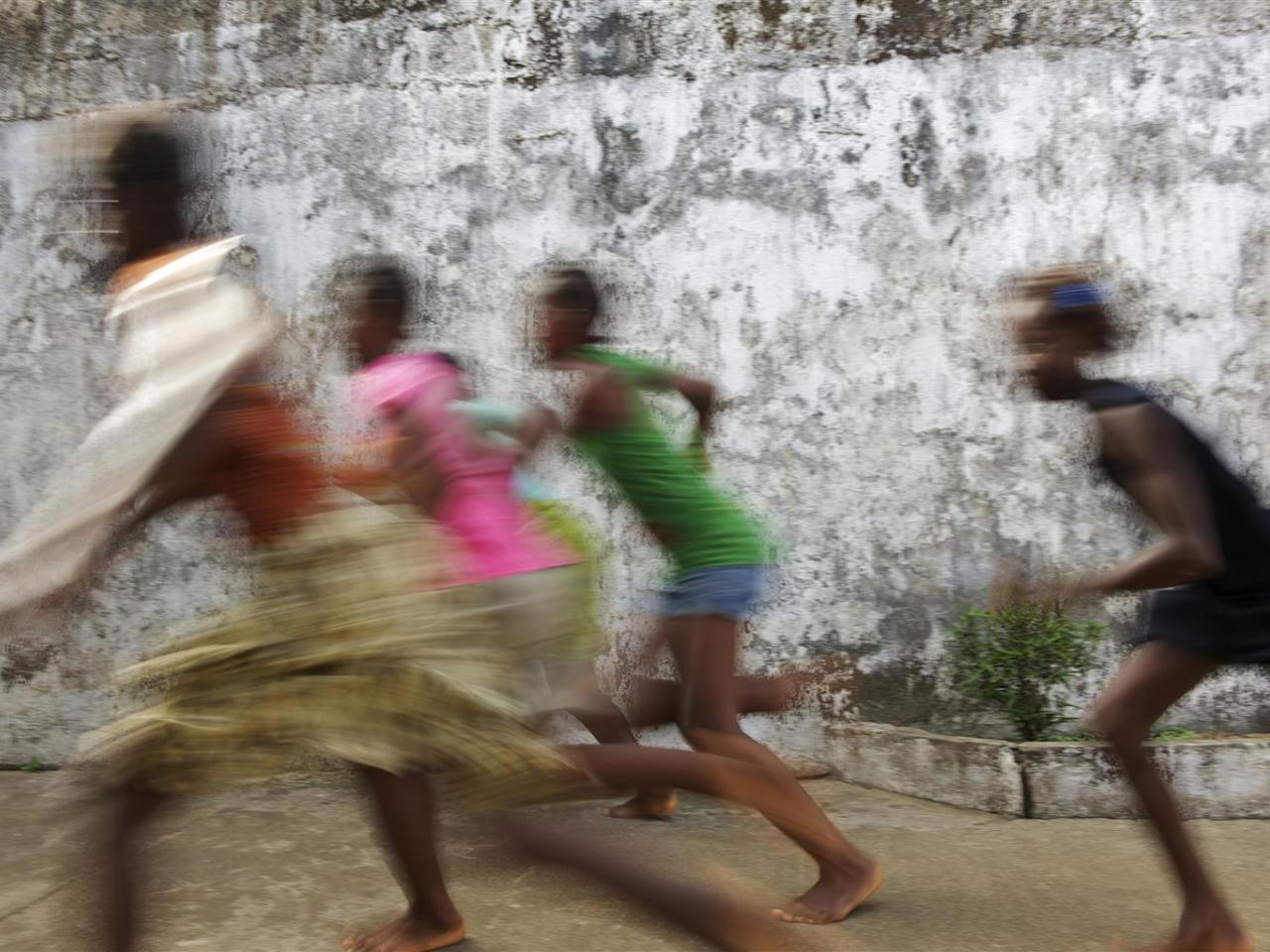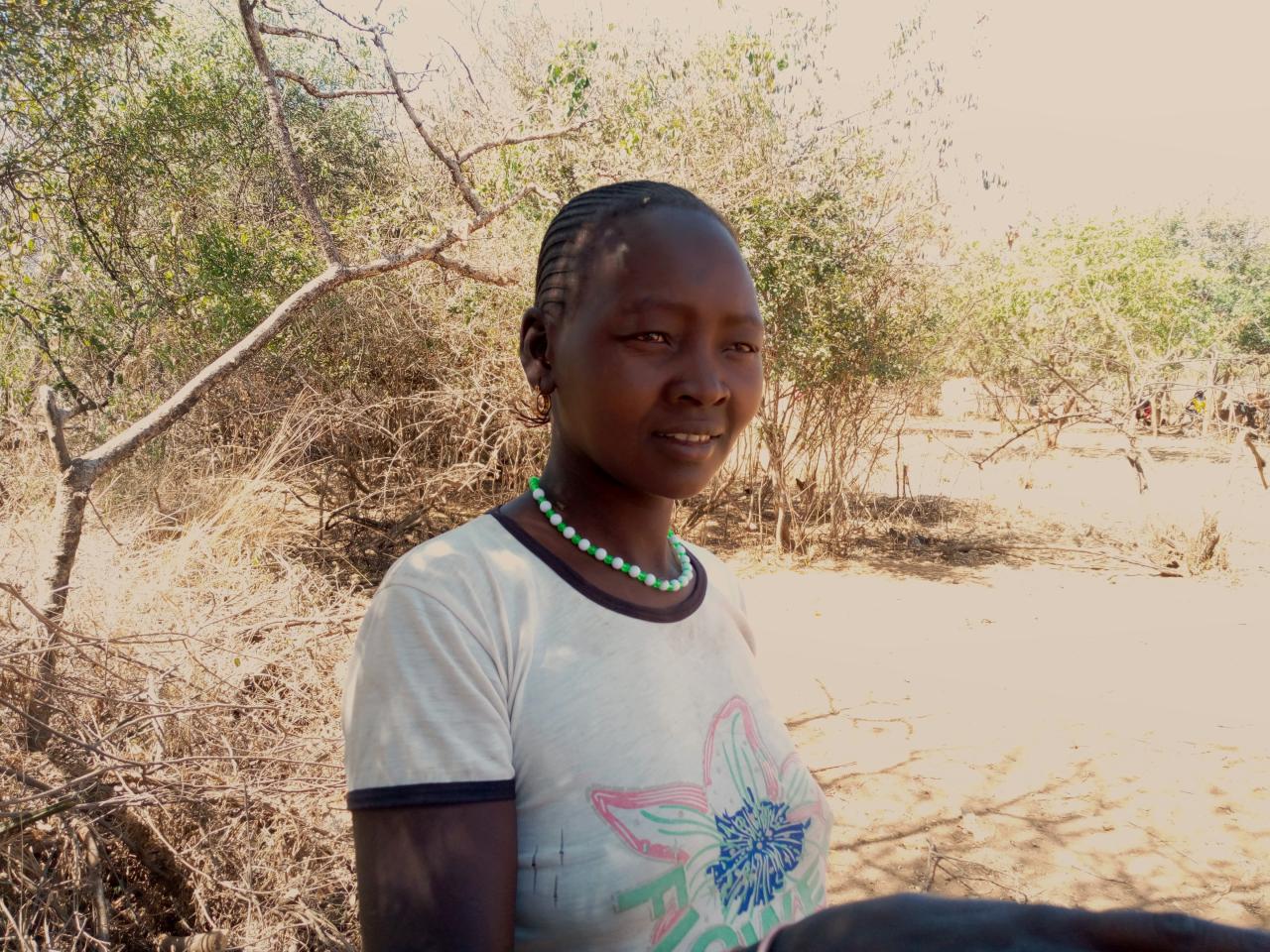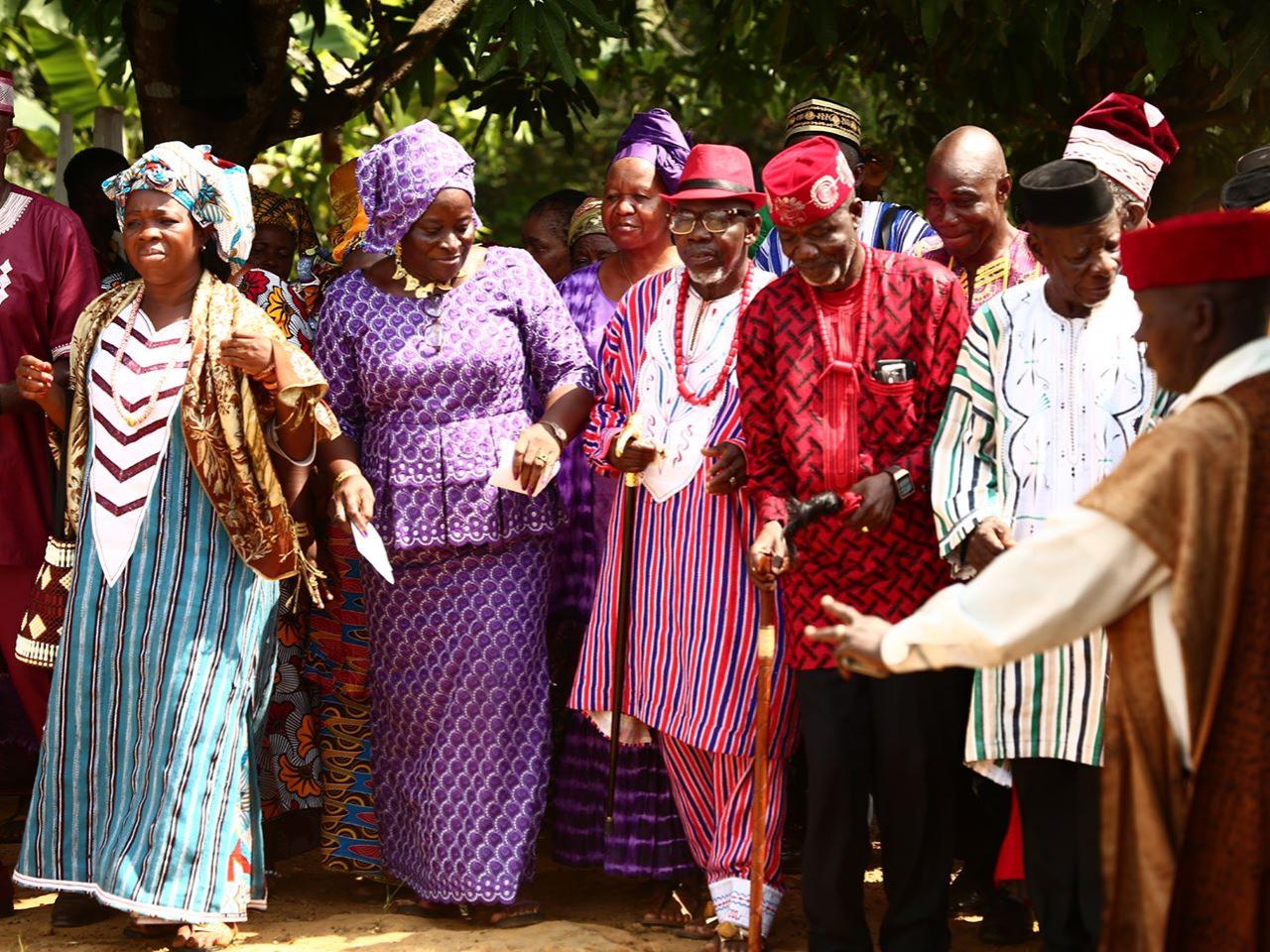Traditional practitioners leave FGM for farming in Liberia
NIMBA COUNTY, Liberia - One in two girls and women in Liberia aged 15 to 49 has undergone female genital mutilation (FGM), a harmful practice that involves the removal or injury of external female genital organs for non-medical reasons. Often performed without a girl’s consent, the practice can have devastating health impacts including haemorrhaging, infection, chronic pain, childbirth complications and in severe cases, death.
But in the northeastern district of Nimba County, traditional practitioners of FGM are beginning to leave the trade in favour of other ventures such as climate-smart agriculture and business management.
“We are no longer practising FGM because we realized that it is not necessary. We are now focusing on agriculture and business." - Kema Dahn, former practitioner of FGM
Kema Dahn, 54, used to perform Sande society activities, in which young women and girls are initiated into adulthood through a series of activities including FGM.
These days, she’s stopped performing FGM and is instead focusing on farming, following agricultural training as part of the Spotlight Initiative-supported alternative livelihood programme. As part of the training, she learned to grow cash crops like cassava, corn, pepper, garlic, okra, watermelon, cucumbers and beans, along with business development skills, adult literacy and how to access village savings and loan association schemes.
“We [traditional practitioners] ]used to teach girls how to behave in the presence of older people, plaiting hair and being modest,” says Ms. Dahn. “We are no longer practising FGM because we realized that it is not necessary. We are now focusing on agriculture and business.”
Ms. Dahn knows how to prepare land, understands soil types, and can distinguish which plants will grow best at each time of the year.
“What will make us leave these traditional things is empowerment to start our own businesses." - Ms. Dahn
“I never knew much about farming, but I have acquired new knowledge and skills,” she says. “I also learned how to manage a small business... The new skills in business development and management provided a great opportunity for me to get another source of income.”
As FGM is often performed for financial as well as cultural reasons, creating new ways for FGM practitioners to earn money is critical to ending the practice.
“What will make us leave these traditional things is empowerment to start our own businesses,” says Ms. Dahn.
She is one of 300 traditional practitioners who have benefitted from the alternative economic livelihood programme, which was launched in December 2019 under the Spotlight Initiative.
By Gloriah Gayani and Theo Roberts



